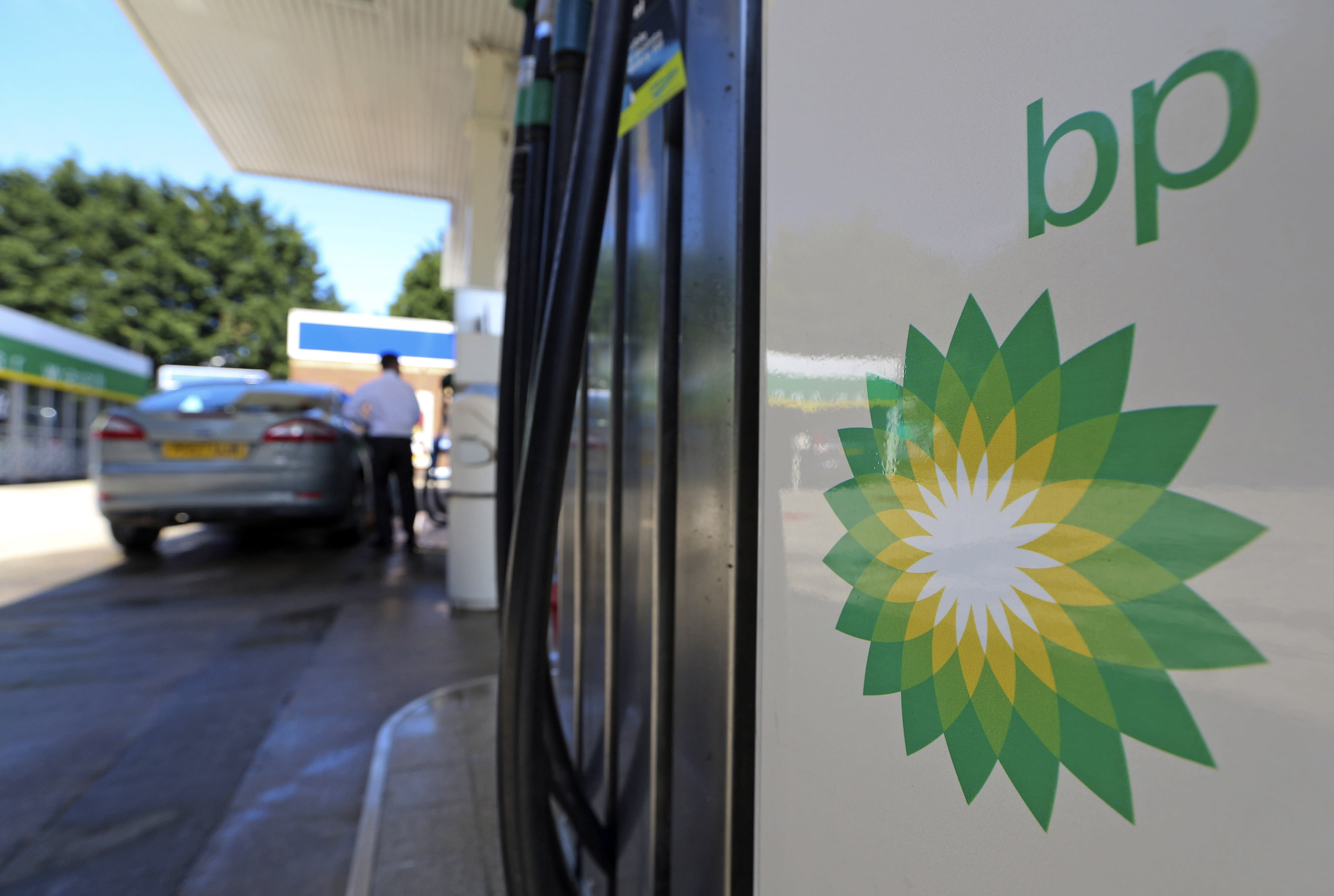A BP company logo is displayed on a fuel pump on the forecourt of a gas station operated by BP Plc in London, U.K.
Chris Ratcliffe | Bloomberg | Getty Images
LONDON — Energy giant BP on Tuesday reported a small profit for the third quarter, beating analyst expectations as the company benefited from stronger oil prices and the absence of significant exploration write-offs.
Third-quarter underlying replacement cost profit, used as a proxy for net profit, came in at $100 million. That compared with a loss of $6.7 billion in the second quarter, and $2.3 billion profit for the third quarter of 2019.
Analysts at Refinitiv had expected BP to report a third-quarter loss of $347 million.
It announced a dividend of 5.25 cents per share for the quarter.
BP said recovering oil and gas prices and demand had helped the firm swing back to profit in the third quarter. This was partly offset, however, by a “significantly lower oil trading result.”
Shares of BP rose more than 2% during early morning deals.
The results come as energy market sentiment remains subdued, with an upsurge in global coronavirus cases hampering the prospects of oil demand growth.
A wave of new Covid-19 infections has prompted some countries to impose fresh restrictions as winter looms.
International benchmark Brent crude futures traded $40.70 a barrel on Tuesday morning, up around 0.6% for the session, while U.S. West Texas Intermediate futures stood at $38.78, up more than 0.5%.
Both contracts slipped over 3% in the previous session.
‘Priority is execution’
“Having set out our new strategy in detail, our priority is execution and, despite a challenging environment, we are doing just that — performing while transforming,” Bernard Looney, chief executive officer of BP, said in a statement.
Looney said the company remained “firmly focused” on cost and capital discipline and “firmly committed” to its updated financial frame, including the dividend.
Alongside its second-quarter earnings in August, the energy company announced a pivot to a new strategy, saying the move would help the firm shift to clean energy in line with its plan to become a net-zero-carbon company by 2050 or sooner.
BP had said that, within 10 years, it planned to raise its annual low carbon investment 10-fold to around $5 billion a year. It also aimed to have developed around 50 gigawatts of net renewable generating capacity by 2030 – a 20-fold increase from 2019.
